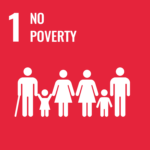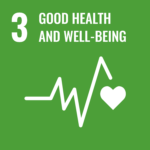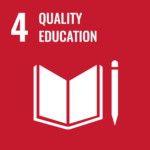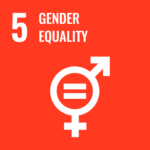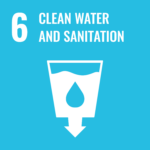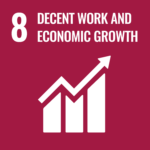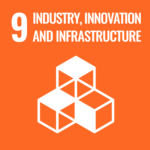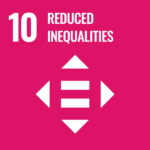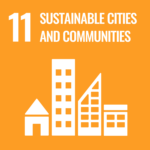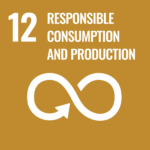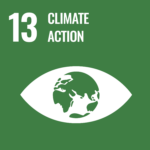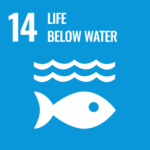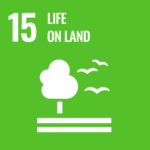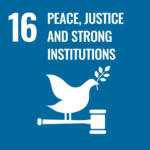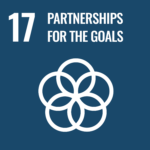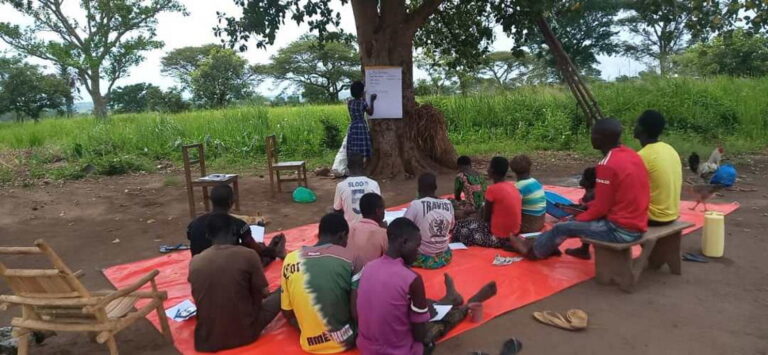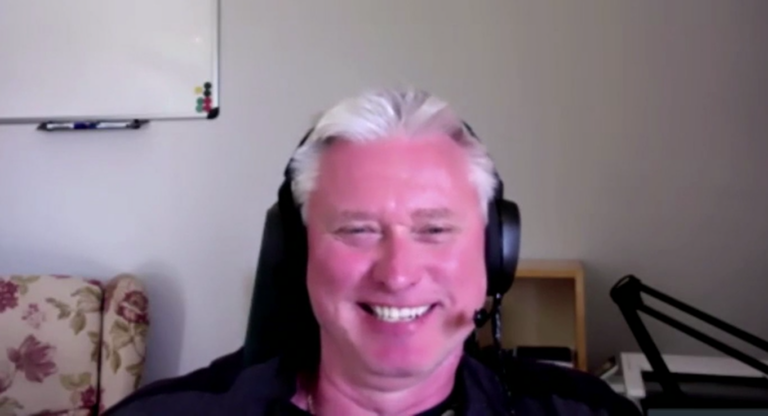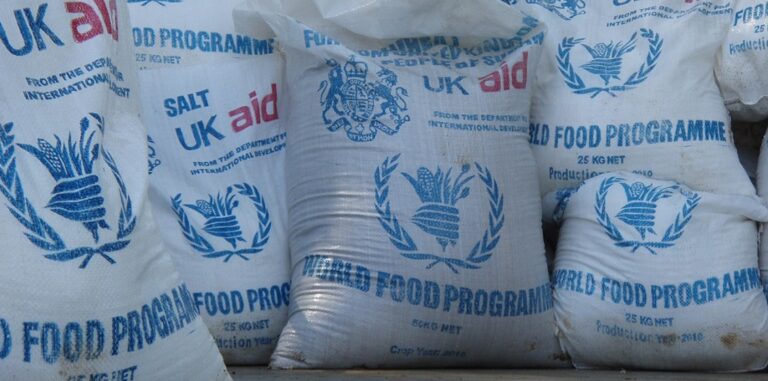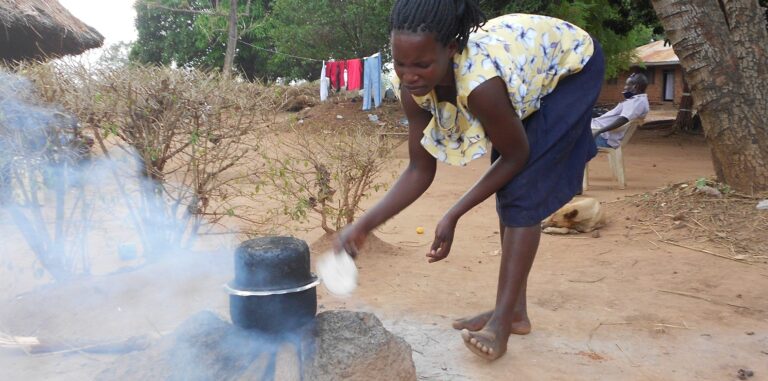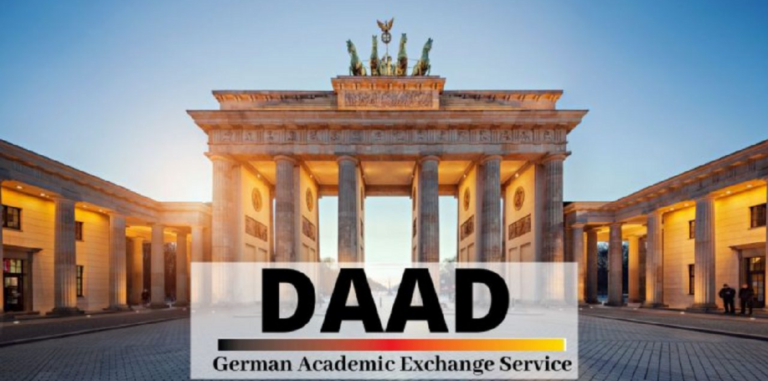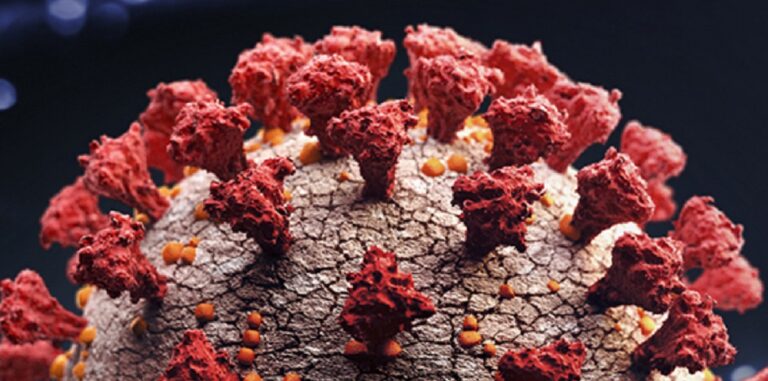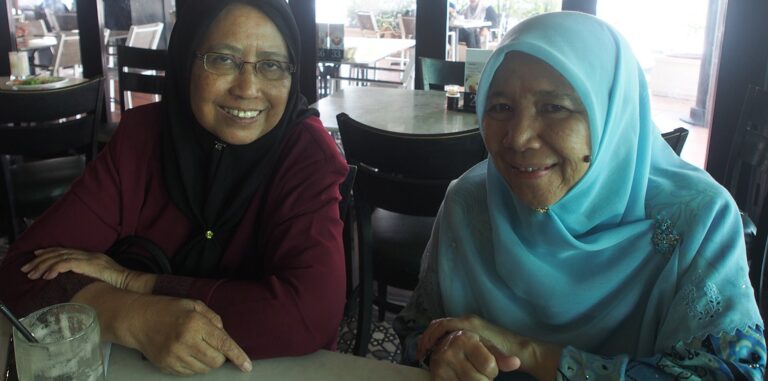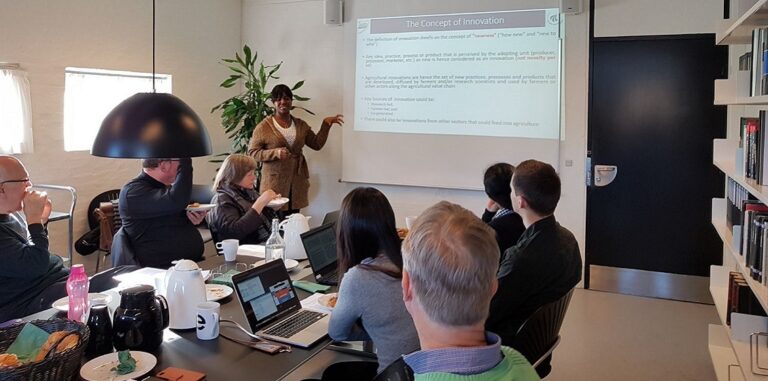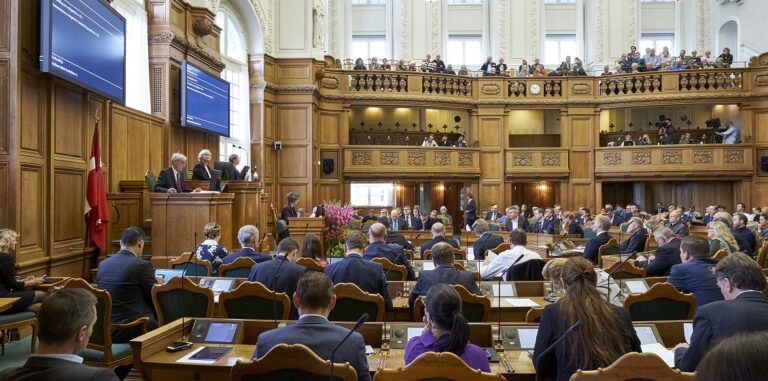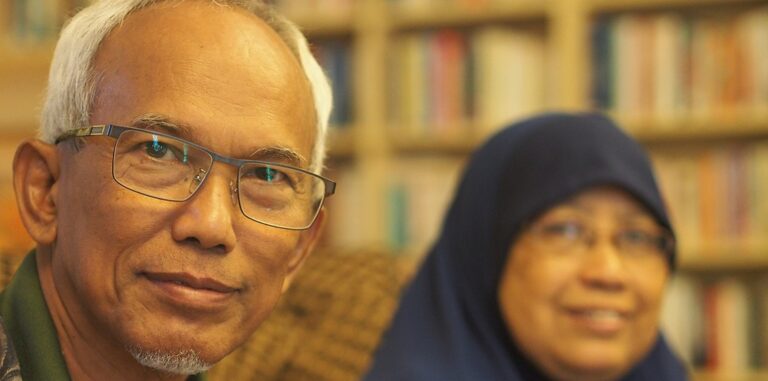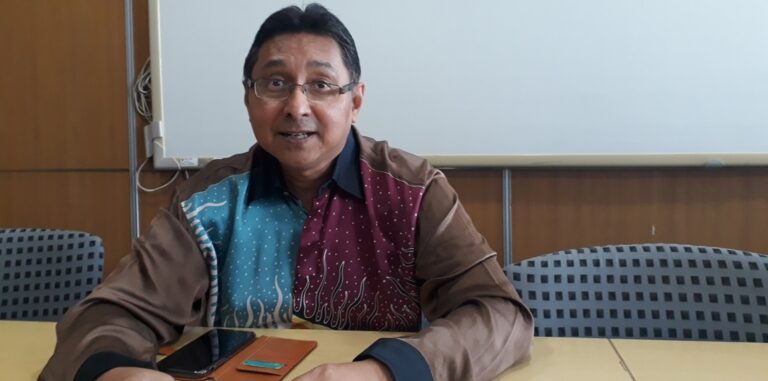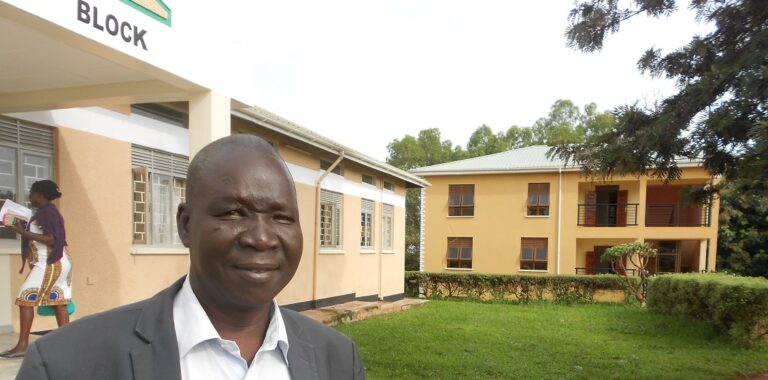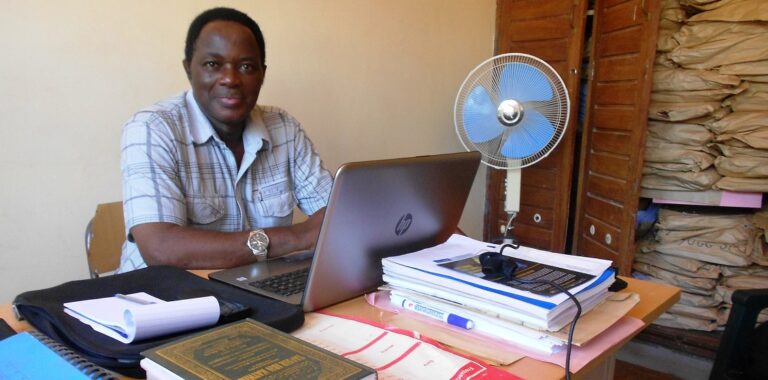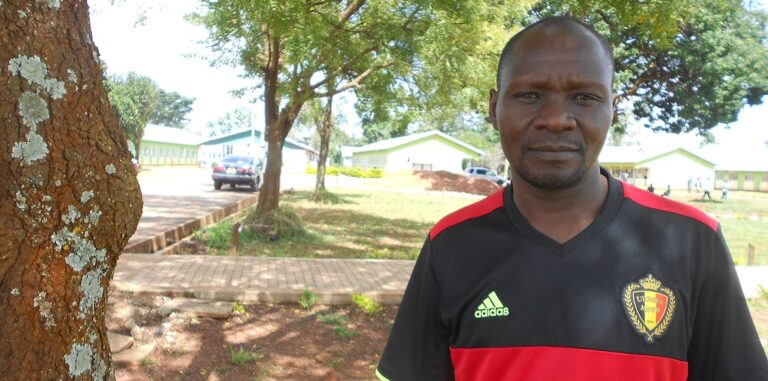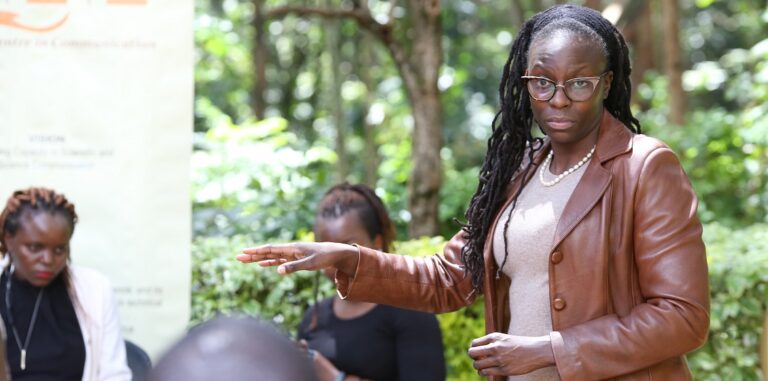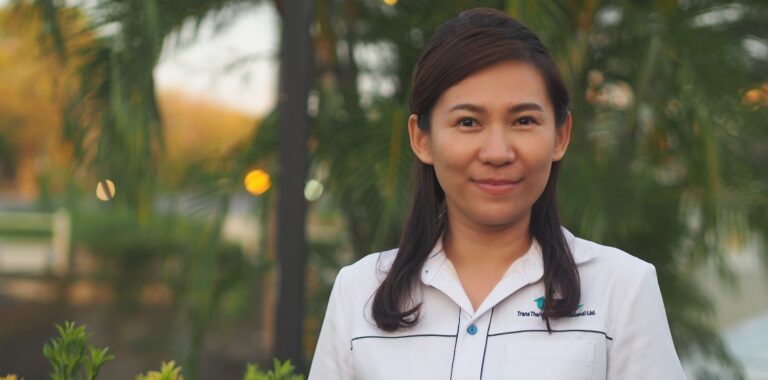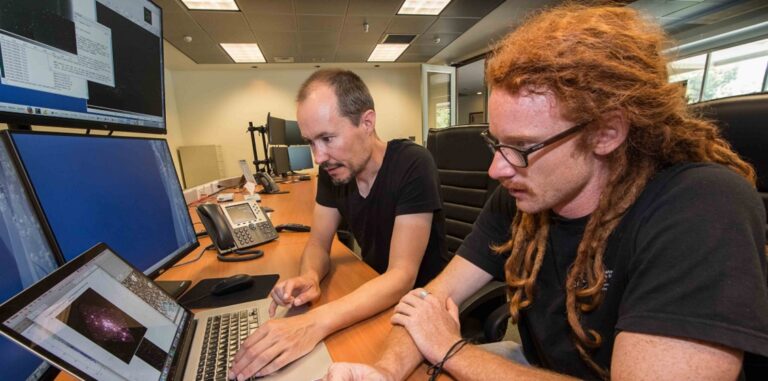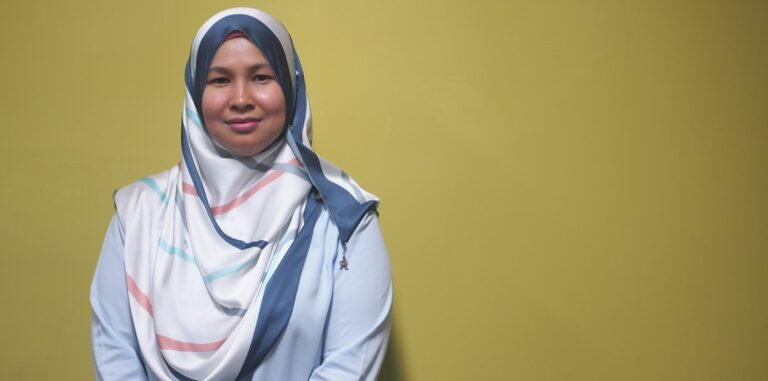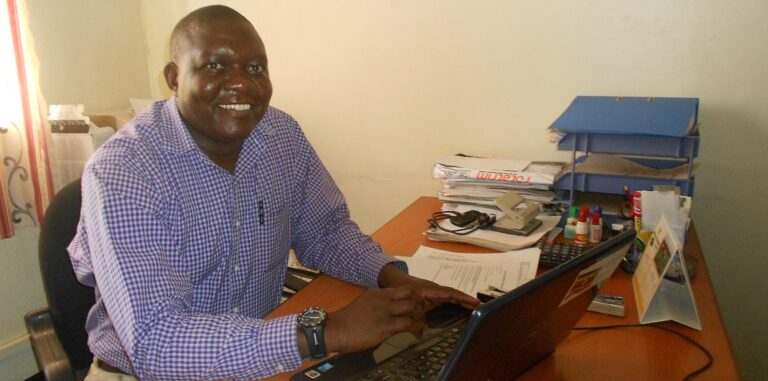TAGDEV: An Example of How African Universities Are Moving Lower to Influence Change in Communities
Africa’s poverty levels remain high, at 40 percent of the continent’s population, condemning millions of people to a substandard lifestyle. Innovation and willingness to cross traditional academic boundaries have become more urgent for many in the academia.
Read More
Globalize the disciplines! Decolonize development studies!
What is left of “development” with an ever-expanding development agenda through the SDGs? What does the expansion mean for our understanding of “development” and “development research”?
Read More
What will Covid-19 mean for the future of development aid?
Covid-19 is the single biggest challenge which has confronted the planet since the second world war and its effect has been nothing short of devastating. Millions upon millions have lost their lives, Livelihoods have been shattered as the global economy...
Read More
Green Charcoal: Could Research at Gulu University Ignite a Biomass Energy Revolution in Uganda?
On a quiet Friday evening in March, Miriam Ajak, 23, stoops over the traditional three-stone stove in front of her hut in Lawiyeadul village, Laliya Parish, on the outskirts of Gulu City in northern Uganda, to prepare dinner for her extended family. As she pushes in the firewood, smoke slowly rises above the sooty stones and pans to shroud her entire body. Some of it enters her eyes. She grimaces in pain, picks up a makeshift fun and flaps it up and down to add more pressure to the fire. But the wood can hardly burn because it is highly moist. The more smoke it spews, the more she breathers into her lungs.
Read More
The German Academic Exchange Service (DAAD) research capacity programs
The German Academic Exchange Service (DAAD) is an independent organisation of German higher education institutions and their student bodies, devoted to internationalising the academic system. Its guiding principle is “Change by Exchange” which not only refers to the students taking part in the programs, but also to strengthen the international community regarding global knowledge exchange. In an interview with Dr. Christian Hülshörster, who is the divisional director of the department for Global South programs, and Christiane Schmeken, who is the director of the department for strategy, I asked about DAAD’s current approaches
Read More
Leaving so many behind in the Covid-19 crisis
The Group of Seven (G7) - consisting of Canada, France, Germany, Italy, Japan, the United Kingdom and the United States - recently announced steps to globally facilitate “affordable access to vaccines, therapeutics and diagnostics” to minimize the risk of Covid-19...
Read More
Malaysian University Consortium for Environment and Development – Industry & Urban Areas
MUCED started activities in 2001, 20 years ago. What do different participants in the programme think of it? Does it have any impact today? Has it changed their mindset or influenced their future career? We have asked different people involved in MUCED about their opinion and how it have influenced their life prospectively.
Read More
AfricaLics (Part 1): South-North partnerships through the lens of AfricaLics
African Network for Economics of Learning, Innovation, and Competence Building Systems (AfricaLics) is the African regional network of the larger network Globelics. Founded in 2012- the network aims to connect scholars, researchers and policy analysts in innovation and development studies in Africa. This is the first of two articles about the organisation
Read More
The new do-tank “2030beyond” aims to get the SDGs back on the political agenda
According to the new do-tank 2030beyond, the SDGs offer a chance to emerge from the current crisis stronger and more resilient, on track to a world in harmony, where all people can lead a sustainable, productive and healthy life. But for that to happen, we need political leadership, says the founder of 2030beyond, Kirsten Brosbøl.
Read More
“MUCED should have been more ambitious”, says former MUCED coordinator Randolph S. Jeremiah
In August 2000, MUCED, a consortium of four Malaysian universities, was formed to encourage new interdisciplinary approaches to environmental management. The consortium was part of a project proposed and supported by the DANCED program of the Danish Ministry of Environment and Energy. Randolph S. Jeremiah became the Coordinator in the Secretariat of MUCED. In this interview he points to some of the key experiences. Today, Randolph works as Head of Water Resources at ERE, a Malaysian consultant company.
Read More
MUCED: Personal development, educational development at universities and practical environmental development in the Malaysian society
One of the first Malaysian students to benefit from the MUCED programme was professor Suhaimi Abdul Talib. In 2001 he went to Denmark to work on his Ph.D. project Anoxic transformations of wastewater organic matter in sewers – process kinetics, model concept and wastewater treatment potential. During two periods of three months, he had his day-to-day work in the laboratories of Institute of Environmental Engineering at Aalborg University.
Read More
Gulu: When a PhD Student Investigates the Relevance of a University to the Neighbouring Community
When Asaf Adebua in 2017 started to study for his PhD at Gulu University 'The Contributions of Institutions of Higher Learning to Post-war Community Transformation: The Case of Gulu University in Gulu District', he was investigating the relevance of his university to the community it targets to transform, going by the university’s motto, For Community Transformation.
Read More
Ethnographic Research: One Man’s Long Journey to PhD
Sulayman Mpisi Babiiha’s PhD experience represents the epitome of perseverance of an academic. His account is touching, but because he speaks with so much calmness, I can take it in with some ease. He has been pursuing his PhD certificate for ten years and he won’t give up the hope yet.
Read More
Blended System: E-Learning and Democracy for Education in Africa
Geoffrey Tabo Olok in 2016 enrolled at Aalborg University to study e-learning for his PhD. Olok and his supervisors now have their eyes on an ambitious plan to establish a centre of excellence in ICT research and learning not only for Gulu University but also to improve Africa’s relevance in that area.
Read More
“Public engagement”: New role for researchers in Kenya?
Some of Kenya’s most celebrated scientists and researchers congregated in a hotel in Nairobi, to celebrate the world anti-microbial week. Apart from the jaw breaking scientific recommendations that came at the end of the two-day event to research more on taming the abuse of drugs, was scientists needed to interact more with the public.
Read More
Food innovation for a sustainable future
It is becoming increasingly more evident that meat overconsumption is problematic due to various factors and there are direct consequences to the patterns of meat consumption in excess. I met with Ph.D. student Krishnachandra Sharma Hidangmayum, at University of Copenhagen Department of Food Science, to learn about his insights in the subject and the work he has done to advance sustainable solutions in food innovation.
Read More
“I benefitted so much” – experiences from TUCED
In the beginning of the 21st century, the TUCED programme initiated exchange programmes for Danish and Thai master students. To Warisara Sereewatthanachai it meant that she could help bring new methods for substance analysis into the private sector in Thailand.
Read More
Same sky, different insights: Danish-Chilean research collaboration on astronomy
Chile has outstanding geographical and climatic qualities to do research in astronomy. Denmark has great resources and human capital to do cutting edge scientific research. Even though Chile and Denmark are 12.724 kilometres apart, if you look deeper, you can find great research and scientific collaboration between both countries.
Read More
“I want to give back what I learned to our society”
When Dr. Norazana Ibrahim did her Ph.D. project at the Technical University of Denmark (DTU), she could confirm that agricultural waste should be an important energy resource in Malaysia. Now comes the difficult part of commercializing the technology in the Malaysian waste management industries.
Read More
Mr. ENRECA and the Grant that Lifted Gulu University
In Gulu University’s history of nearly two decades, the story of ENRECA is told and retold with passion. The four-year Danish International Development Agency (DANIDA) funded 10 million DKK project was the university’s turning point in many ways: It delivered its first PhD, its first female PhD, 20 master’s degrees, several research collaborations, experience in managing large grants and a lot more.
Read More



